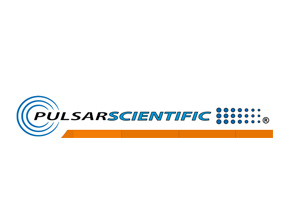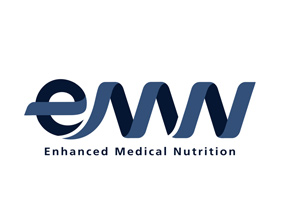Protein supplements are no longer used solely by body builders, fitness models, and gym rats. Active adults over 40 are also realizing their benefits. Science shows that adding a supplement, such as whey protein, to the diet can enhance workout success.
Drinking a protein supplement following a workout can help older, active adults maintain and build muscle mass, improve endurance, and enhance joint health. These supplements typically come in a powder form and are mixed with milk, juice, or water.

What is Whey Protein?
Whey protein, which is a combination of proteins isolated from whey, the liquid portion of milk that separates during cheese production, contains a comprehensive profile of essential amino acids that provide the foundation to create new muscle tissue. A recent study found that consistent protein supplementation over time promoted muscle hypertrophy and enhanced muscle size and strength, in addition to accelerating gains in both aerobic and anaerobic power.1
What Does it Do?
Physiologically, whey protein promotes muscle growth by providing high-quality amino acids, such as leucine and cysteine, which serve as the building blocks for muscle. It increases the release of anabolic hormones that stimulate muscle growth and is absorbed and utilized quickly by the body. Additionally, one study found that whey protein supplements significantly reduced blood levels of C-reactive protein (CRP), thus reducing inflammation and aiding joint health.2
It’s the Whey to Go!
A growing demographic of older adults are invested in their fitness and wellness. In fact, more than 30 percent of gym memberships belong to Gen X, and the average age of amateur triathlon and marathon runners is over forty. Because our bodies change as we age, the right nutrition is essential to maintain and build muscle. For this reason, many brands have invested in research in this critical market and a number of protein products are specifically designed to improve recovery and increase muscle mass for everyday athletes over 40. So, if you’re interested in enhancing your workout results, protein supplements may be the whey to go.
Written by Zach Meeker, Research Assistant for Midwest Orthopaedics at Rush Medical Center
References:
1 Pasiakos SM, McLellan TM, Lieberman HR. The effects of protein supplements on muscle mass, strength, and aerobic and anaerobic power in healthy adults: a systematic review. Sports Med. 2015 Jan;45(1):111-31. doi: 10.1007/s40279-014-0242-2. PMID: 25169440.
2 Zhou LM, Xu JY, Rao CP, Han S, Wan Z, Qin LQ. Effect of whey supplementation on circulating C-reactive protein: a meta-analysis of randomized controlled trials. Nutrients. 2015 Feb 9;7(2):1131-43. doi: 10.3390/nu7021131. PMID: 25671415; PMCID: PMC4344580.
Click here for full podcast playlist.













